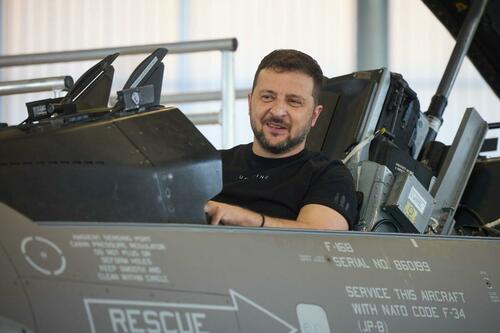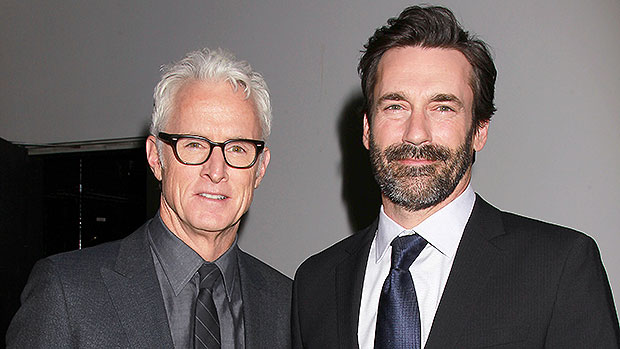A lot remains unclear about Ukraine’s counteroffensive, underway since last week:
Where will Ukrainians deal their strongest blow?
How effective are Russia’s defensive lines?
Does Ukraine stand a good chance of severing the land bridge between Crimea and the Donbas, effectively undoing Russia’s invasion last year?
While answers to these and related questions will remain obscured by the fog of war for some time, the larger political picture is crystal clear.
Ukrainians are not going to lose this war.
Their country will not end up occupied or dismembered by Russia.
There will be no Kremlin-sponsored regime change in Kyiv that turns it into a Russian satrapy.
The main question is whether Russia’s defeat will assert itself only by force, with Ukrainians expelling every last Russian solder out of the country and turning Ukraine into a porcupine nation ready to deter and fight Russian aggression in perpetuity.

Alternatively, the war can come to an end with Ukraine entering NATO, coming under its collective security umbrella and checking further Russian aggression.
Of course, no one is seeking to bring Ukraine into the alliance in the middle of a shooting war with a nuclear power.
But it is perfectly reasonable to expect the war’s “hotness” will wax and wane or even that a ceasefire will be agreed upon.
Either would represent an opportunity to bring Ukraine into NATO and deter future Russian attacks.
Russian President Vladimir Putin is many things, but he is not suicidal.
There are good reasons he never decided to test NATO’s Article 5 guarantees, not even since Finland’s accession has brought the alliance to Russia’s doorstep. In short, collective defense works.
Conversely, the main reason Ukraine finds itself at war is the fact the West never provided it with credible security guarantees.
The 1994 Budapest Memorandum did not commit the country’s Western backers to anything.
At the 2008 Bucharest NATO summit, the alliance missed the opportunity to bring Ukraine and Georgia onto a path to membership, despite the George W. Bush administration’s prescient calls to do so.
NATO’s upcoming summit in Vilnius, Lithuania, is an opportunity to fix that mistake.
The clearer the commitment the United States and our allies make to Ukraine’s membership, the sooner Ukrainians will want to bring the war to an end — and the less likely that hostilities will ever resume, regardless of Kremlin bluster.

Let us be clear. A believable path for Ukraine to NATO membership is not an act of charity.
And while it would lead to a formal commitment to send US troops to fight and die for Ukraine if necessary, it would also make the prospect of such a conflict vanishingly small, just as war has become unthinkable in other parts of Europe thanks to NATO.
Ukraine is likely to emerge from the war with the most powerful and hardened military on the European continent, spending far above the alliance’s 2%-of-gross-domestic-product target on defense for decades to come.
Not only would it be an asset to the alliance if admitted; Ukraine could become a dangerous liability if the West decided to let it fend for itself, unaided outside the political fora that guarantee Europe’s stability.
This should matter particularly to an America gearing up for its confrontation with China.
The longer the war goes on, and the more dangerous Eastern Europe becomes, the harder it is for the United States to focus on the Indo-Pacific.
History shows the American people will not stand for disengagement with Europe — the cultural, social and personal connections across the Atlantic are too strong for that.
What is more, Europe remains America’s closest, wealthiest and most powerful partner in holding China accountable.
The idea that ignoring Europeans’ existential concerns will make them more willing to listen to Washington’s account of the Chinese threat is naïve at best.
Ukrainians are fighting our common adversary — and they will continue to do so with or without us.
After decades of losing influence in Latin America and sub-Saharan Africa, and letting the transatlantic bond fray because of a lack of US leadership, we must realize: Ukraine’s struggle is an opportunity to revitalize America’s alliances and expand the reach of US power — including by bringing the valiant Ukrainians into NATO.
We must not be afraid to take that step.
Dalibor Rohac is a senior fellow at the American Enterprise Institute.
Twitter: @DaliborRohac
















